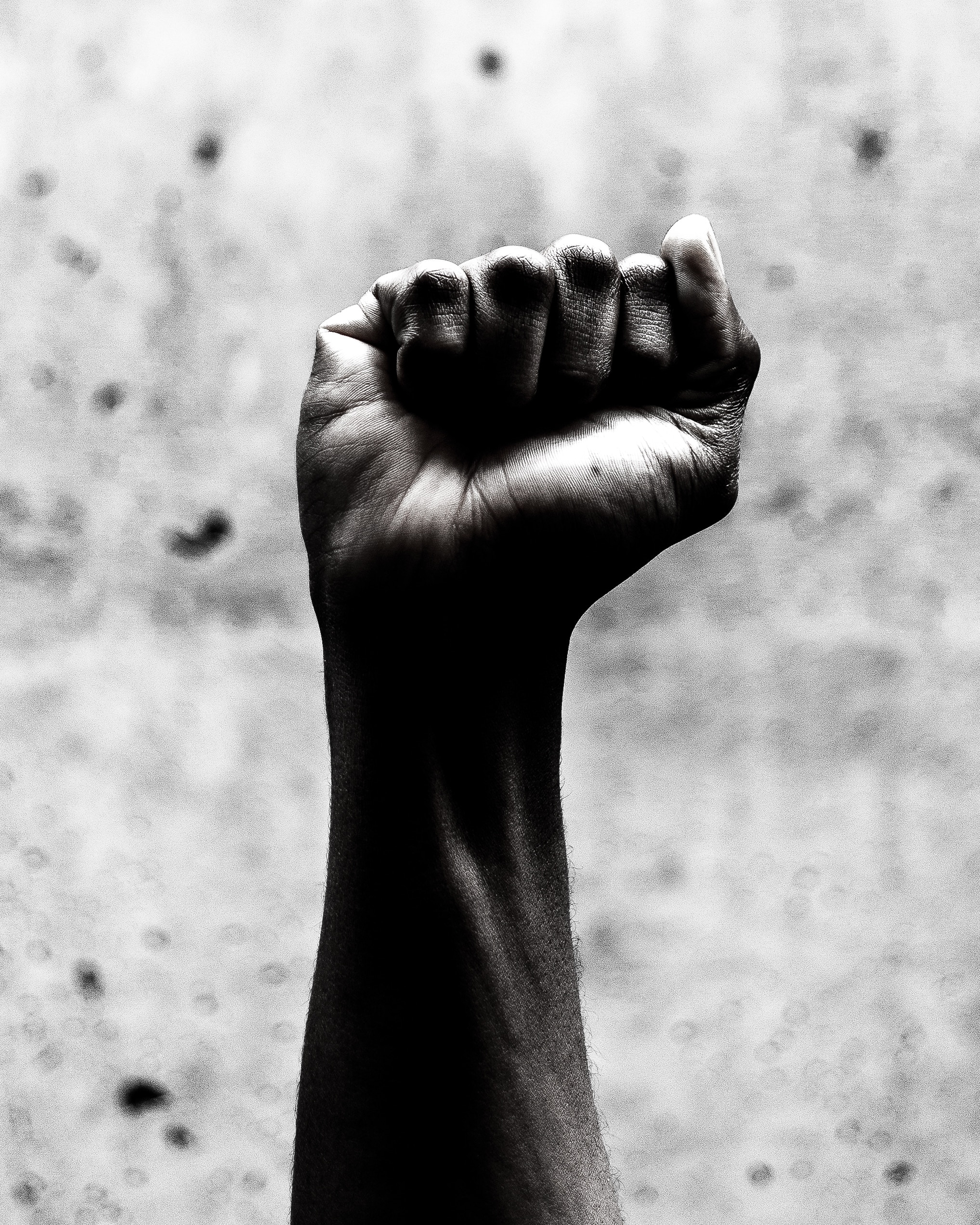
“If you stick a knife in my back nine inches and pull it out six inches, there’s no progress. If you pull it all the way out that’s not progress. Progress is healing the wound that the blow made. And they haven’t even pulled the knife out much less heal the wound. They won’t even admit the knife is there.” – Malcolm X
They say admitting wrongdoing is the first step to progress. What they don’t say, however, is that you can’t admit what you don’t know. And you don’t know what you won’t hear. This is easy to do because it’s easy to silence not what doesn’t exist, but what we don’t make space for. In my past, I have most definitely fallen short of this, through years of misunderstanding the legitimacy and necessity of Black History Month – I spent years ignoring the knife.
Now, however, it’s clear that I’m not the only one who only made space for recognizing some issues and not others – as there is a silence from much of the white community when it comes to racial injustice. Why do we often find ourselves silent, hesitant, and afraid to recognize the importance of Black History Month (and its continuing conversation) and our responsibility in dismantling the system of racism in which we find ourselves (willingly or not), a part?
Trent student, Najah Mohammed, spoke on some of the reasons behind this, starting with our education system’s lack of discussion with students about racially charged topics. She commented that “the history of Black people in Canada is downplayed, underrepresented and under-taught, and this issue comes down to a lack of education. This doesn’t mean that people can’t educate themselves, but that it’s not institutionally normalized to do so.”
To move beyond the Euro-centric dialogue that our institutions have to offer requires us to actively demand, seek out, and listen to Black voices, experiences, and perspectives.
Taking a step towards recognition and action also requires us to acknowledge that we are existing in a racist system. This does not automatically label us as racist, but points out that we have a responsibility to dismantle this system. As noted by Mohammed, “There are other parts to racism other than an individual being considered as racist.” People need to understand that racism exists at the institutional level as well as at the individual.
As white people (myself included, having fallen short of this in my past), we often refer to racism as consisting of large-scale, hate-filled acts that are always occurring somewhere else and perpetrated by someone else. Touching on this point, Trent African Caribbean Student Union (TACSU) President, Bethlehem Bekele, stated, “There’s a lot of actions that we take that we might not know are perpetuating these systems and putting people in a position of insecurity.”
Until we are open to understanding, acknowledging, and speaking about this system of racism and our place within it, we will continue to allow racial inequalities in our own communities to persist. As stated by writer Michael Harriot, “White people who are quiet about racism might not plant the seed, but their silence is sunlight.”
Stepping outside of our silence is imperative to being anti-racist. As Ryerson student, Cristal Hines, comments, silence is “devoiding accountability from a system you benefit from, while simultaneously increasing the labour of black folks to fund, lead, and take initiative of our own liberation.” She elaborates that this does not mean that as white folks, we should be taking the lead role in discussions or events. In fact, we should be intentional about ensuring that Black voices are at the forefront of Black History Month and year-round discussions. However, she says that we do still have a responsibility to be present, to be actively listening, and to contribute to those spaces.
“Being conscious is the very first step – step two is asking, what can I do in the near future to stop adding to the problem?” says Bekele. Though educating yourself and becoming conscious of the existence of the knife is important to do first, we need to take action. What active steps can we as white people take to acknowledge racial injustice and work towards a state of healing? Bekele suggests that “particularly during Black History Month, if you see an event going on, just show up. You may not have the stage or the mic, but at least watch and listen.”
On the same note, chair of the Peterborough Community Race Relations Committee, Charmaine Magumbe, suggests that to be an ally, we should “reach out to the black community and see what they need done.” She suggests ensuring you are being inclusive and are open to valuing racial difference in other people. Some examples of this include endorsing events, discussions, and resources that are already put out by Black community groups; reading and listening to Black voices; and questioning the absence of Black History Month conversations, presentations or events when they do not exist.
At first, these conversations will not be comfortable. But progress and healing cannot come from silence. Despite our own discomfort, we are responsible for becoming aware and getting involved.
